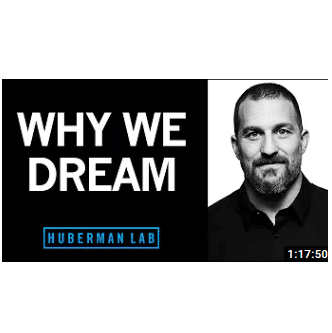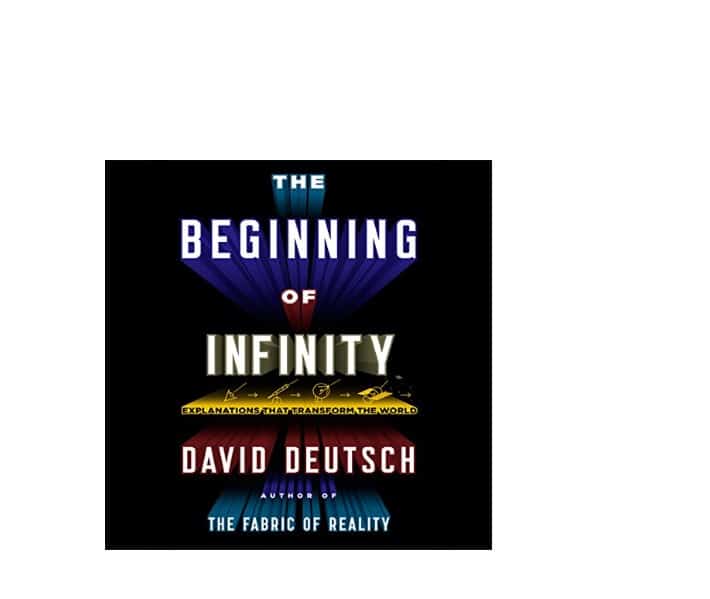Dr. Andrew Huberman
Understanding and Using Dreams to
Learn and Forget
Dr. Andrew Huberman, a distinguished neuroscientist from Stanford University, is here to guide us through the fascinating science and benefits of sleep in this enlightening lecture.
Our sleep is a beautifully orchestrated process, occurring in cycles of approximately 90 minutes, often without interruption. These cycles, consisting of two modes, slow-wave and REM (Rapid Eye Movement), are a natural part of our lives. Early in the night, we experience slow-wave sleep, and as the morning approaches, we transition into a period of deeper REM sleep.
Four neuromodulators are involved in a complete night’s sleep and vary with the mode.
These are,
- Acetylcholine, associated with focus and attention.
- Norepinephrine is associated with alertness and the desire to move.
- Serotonin is associated with bliss and remaining calm and still.
- Dopamine, associated with pleasure and the pursuit of goals.
During slow-wave sleep, there is no acetylcholine, some norepinephrine, and lots of serotonin. This provides rest and support for brain functions that affect motor and detail learning such as sports, dancing, playing the piano, etc.
During REM sleep, which occurs more toward morning, a fascinating process takes place. We are literally paralyzed, and without the presence of certain neuromodulators, we can re-live past experiences without the emotional burden. This unique process allows us to minimize the long-term detrimental effects of adverse memories, a key aspect of our emotional processing and memory consolidation.
REM sleep de-couples emotion from experience, allowing for the resolution of the reality of the experience. Sleep disturbances correlate with emotional and psychological disorders. Not getting enough REM sleep can make people anxious and unsettled. They can see odd associations and incorrect relationships. Words can look like they are misspelled. We need a stable amount of sleep each night. Fluctuations in the number of hours from night to night indicate that our REM sleep is insufficient.
This lecture brings our understanding of dreams into the 21st century. Everything from mystical interpretations to unfounded speculations by prominent psychoanalysts has clouded our understanding. We now finally have something that makes sense and is useful.
Content Link: Understanding and Using Dreams to Learn and to Forget | Huberman Lab Podcast #5 – YouTube
Before commenting, please review our privacy policy: www.findnewcontent.com/privacy/



